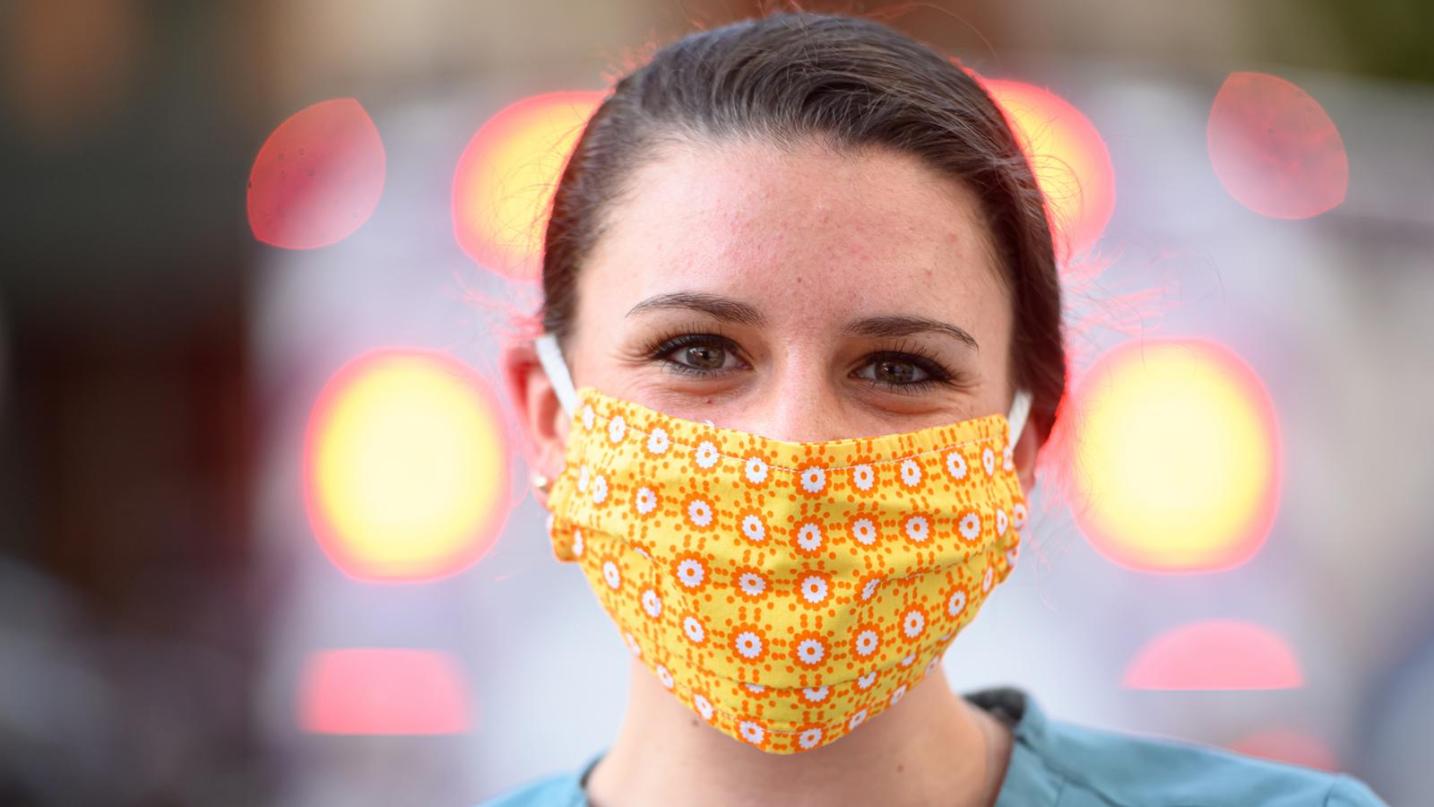How Often Should I Replace My Face Mask?
Face masks have become an essential part of our daily lives, helping to prevent the spread of airborne illnesses like COVID-19. Wearing a face mask correctly and consistently is crucial for its effectiveness. However, it's equally important to know when to replace your face mask to maintain its protective capabilities.

Factors Determining Face Mask Replacement Frequency
Type of Face Mask:
- Disposable Face Masks:
- Surgical Masks: Replace after every use.
- N95 Respirators: Replace after each use or as recommended by the manufacturer.
- Reusable Face Masks:
- Replace after every wash.
- Follow manufacturer's instructions for care and maintenance.
Level of Exposure:
- High-Risk Environments:
- Healthcare settings, public transportation, crowded areas.
- Replace face masks more frequently, up to several times a day.
- Low-Risk Environments:
- Outdoor activities, personal use.
- Replace face masks less frequently, but still daily.
Condition of the Face Mask:
- Visible Signs of Damage:
- Tears, holes, or loose straps.
- Replace immediately.
- Dirt or Moisture:
- Face masks become less effective when wet or dirty.
- Replace immediately.
- Loose Fit or Discomfort:
- A loose-fitting mask provides less protection.
- Replace with a better-fitting mask.
General Guidelines For Face Mask Replacement
- Disposable Face Masks:
- Replace after every use.
- Do not reuse disposable masks.
- Reusable Face Masks:
- Replace after every wash.
- Follow manufacturer's instructions for care and maintenance.
- General Rule:
- Replace face masks if they become visibly dirty, damaged, or lose their shape.
- Replace face masks if they become uncomfortable to wear.
Additional Considerations For Face Mask Replacement
Individual Health Conditions:
- Immunocompromised Individuals:
- Replace face masks more frequently, up to several times a day.
- Consult a healthcare professional for guidance.
- Individuals with Respiratory Conditions:
- Consult a healthcare professional for guidance.
- May need to replace face masks more frequently.
Environmental Conditions:
- Humid or Dusty Environments:
- Face masks may become damp or dirty more quickly.
- Replace face masks more frequently.
- Extreme Temperatures:
- Face masks may become uncomfortable to wear.
- Consider replacing face masks more often.
Proper Disposal Of Face Masks
- Disposable Face Masks:
- Dispose of properly in a covered trash bin.
- Do not flush disposable face masks down the toilet.
- Reusable Face Masks:
- Wash according to manufacturer's instructions.
- Air dry or tumble dry on low heat.
Regularly replacing your face mask is crucial for maintaining its effectiveness in preventing the spread of airborne illnesses. By following the recommended guidelines and considering individual health conditions and environmental factors, you can ensure that your face mask provides optimal protection. Remember, face masks are just one part of a comprehensive approach to preventing the spread of illness. Regular handwashing, physical distancing, and other preventive measures are also essential for staying healthy.
YesNo

Leave a Reply